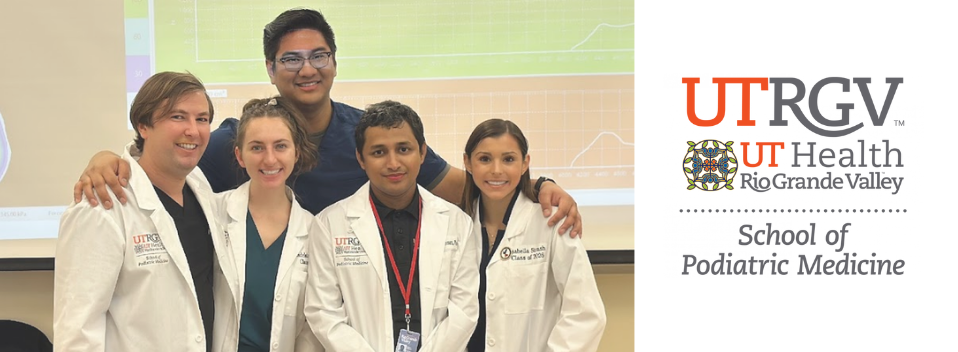
School of Podiatric Medicine Publications
Document Type
Article
Publication Date
2-21-2024
Abstract
Diabetic foot ulcers (DFUs) pose a significant threat to individuals with diabetes mellitus (DM), such as lower limb amputation and severe morbidity. Bioengineered skin substitutes (BSS) are alternatives to traditional interventions for treating DFUs, but their efficacy compared to standard wound care (SWC) or other treatment types, such as allografts, remains unknown. A scoping review of human studies was conducted to identify current approaches in the treatment of DFUs using BSS as compared with other treatment options. Systematic searches in PubMed, Cochrane Library, and Web of Science were conducted to identify comparative studies that enrolled 10 or more patients and evaluated wound healing outcomes (closure, time-to-healing, and area reduction). Database searches isolated articles published from 1 December 2012 to 1 December 2022 and were conducted in accordance with PRISMA-ScR guidelines. The literature search yielded 1312 articles, 24 of which were included for the qualitative analysis. Findings in these studies demonstrated that BSS outperformed SWC in all measured outcomes, suggesting that BSS may be a superior treatment for DFUs. Of the 24 articles, 8 articles compared human amniotic membrane allografts (hAMA) to BSS. Conflicting evidence was observed when comparing BSS and hAMA treatments, highlighting the need for future research.
Recommended Citation
Primous, Nathaniel R., Peter T. Elvin, Kathleen V. Carter, Hagner L. Andrade, Javier La Fontaine, Naohiro Shibuya, and Claudia C. Biguetti. "Bioengineered skin for diabetic foot ulcers: a scoping review." Journal of Clinical Medicine 13, no. 5 (2024): 1221. https://doi.org/10.3390/jcm13051221
Creative Commons License

This work is licensed under a Creative Commons Attribution 4.0 International License.
Publication Title
Journal of Clinical Medicine
Academic Level
faculty
DOI
10.3390/jcm13051221


Comments
© 2024 by the authors. Licensee MDPI, Basel, Switzerland. This article is an open access article distributed under the terms and conditions of the Creative Commons Attribution (CC BY) license (https://creativecommons.org/licenses/by/4.0/).